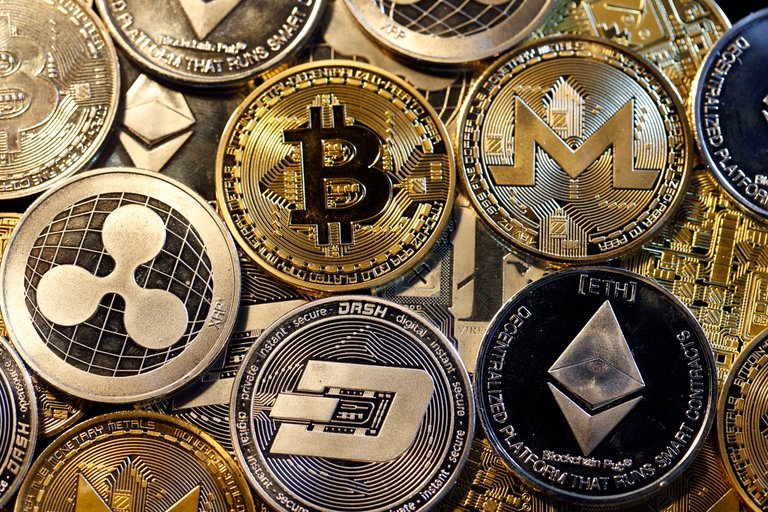
The advanced cash markets, as of now spooked by a crackdown on computerized tokens, got some more awful news this month: A previous best controller told a crowd of people he thinks two about the most well known digital currencies, Ethereum and Swell's XRP, are "resistant securities" working outside U.S. laws.
This conclusion is conceivably terrible for the crypto economy as it would undermine the liquidity of the two mainstream cryptographic forms of money, and place trades and other budgetary administrations organizations in legitimate risk from the SEC. The uplifting news for crypto speculators is that the possibilities of the SEC making a move are remote.
Should Ethereum be dealt with like Apple stock?
Until mid-2017, pitching computerized tokens to the general population wasn't considerably harder than offering candies. A group would portray the reason for the tokens in a white paper, and afterward organize a purported "Starting Coin Offering" (ICO) where anybody could get them in return for Bitcoin or money.
In principle, the purpose of an ICO is to subsidize the development of an online administration, (for example, record stockpiling or remote processing) on which the tokens could in the end be reclaimed. Numerous ICO members, be that as it may, viewed the tokens as a wellspring of hypothesis—wanting to flip them to another purchaser instead of utilizing them for the hidden administration. Now and again, the ICOs added up to obtrusive tricks where the coordinators instantly slipped off with the cash.
Obviously, controllers took a diminish perspective of this. While the SEC was moderate off the stamp, the organization discharged a notice shot last July by saying tokens sold in an ICO could be securities that should have been enlisted similarly as an offer of Apple or GM. What's more, in Spring, SEC head Jay Clayton put a profound chill on the once-hot token economy by saying each ICO he had seen added up to a securities advertising.
While the crackdown is awful news for those arranging an ICO, few idea the controllers' new hardline would influence existing tokens like Ethereum and Swell's XRP, which have been exchanging for a considerable length of time. In any case, this could change on the off chance that one previous office head holds influence. As Bloomberg reports:
Gary Gensler, the previous administrator of the Item Prospects Exchanging Commission, said that administration authorities should investigate the biggest coins by showcase capitalization, not exactly at tokens sold in ICOs. Ethereum's Ether and Swell's XRP could most likely be delegated securities, Gensler said.
Gensler included that other long-term digital forms of money like Bitcoin and Litecoin are likely absolved in light of the fact that they were not issued by means of an ICO.
Gensler's comments, made at a MIT assembling a week ago, infer that Swell and the Ethereum Establishment—both of which offer hold loads of their individual cryptographic money—could be abusing securities law. Moreover, it infers that the famous U.S. trade Coinbase won't have the capacity to include new Swell or other new advanced monetary standards, and that it could confront inconvenience for offering Ethereum, which it has made accessible since 2016.
Coins mentioned in post: